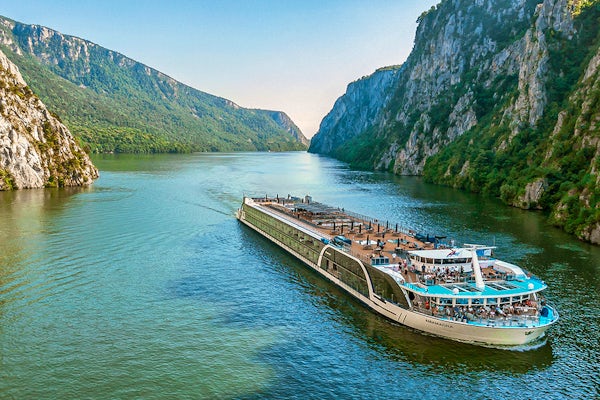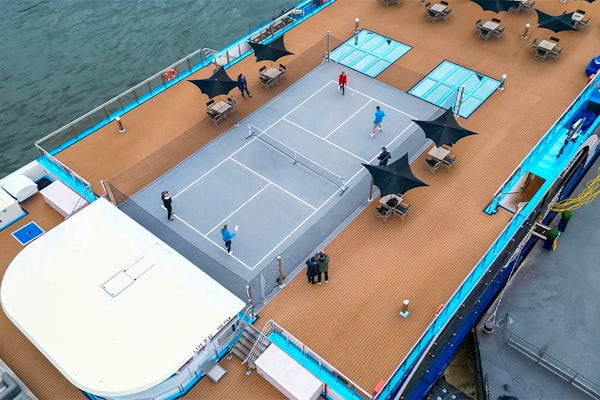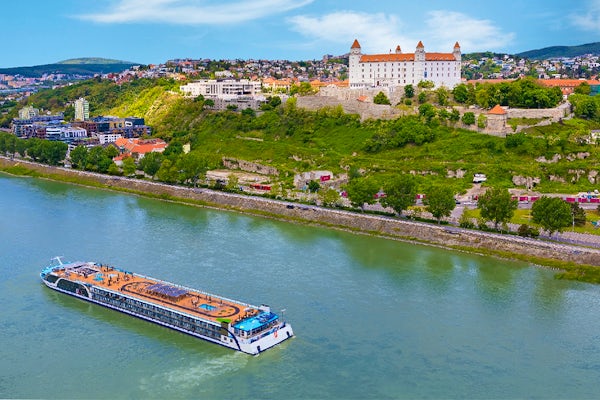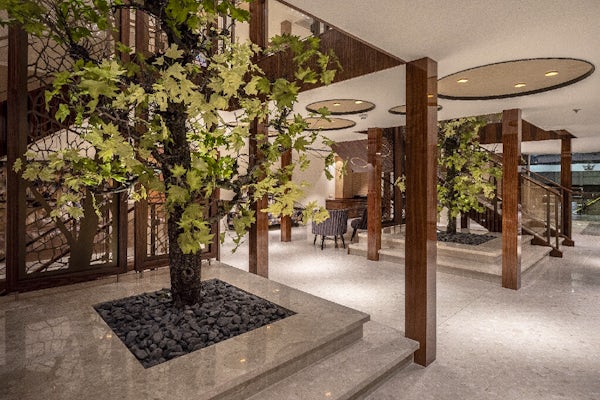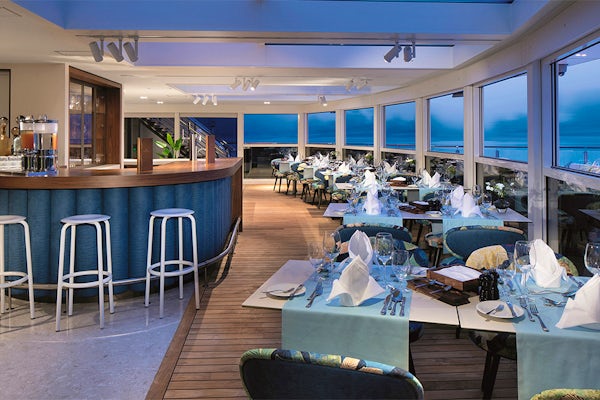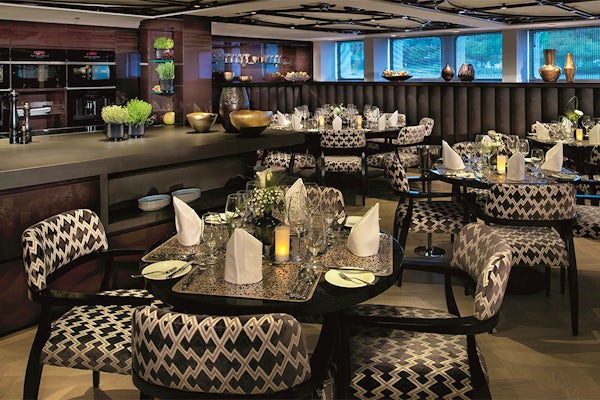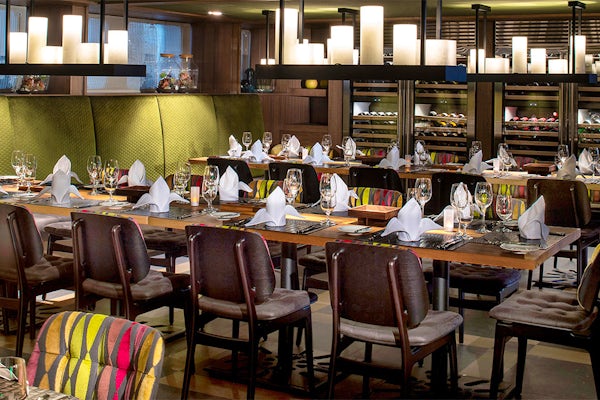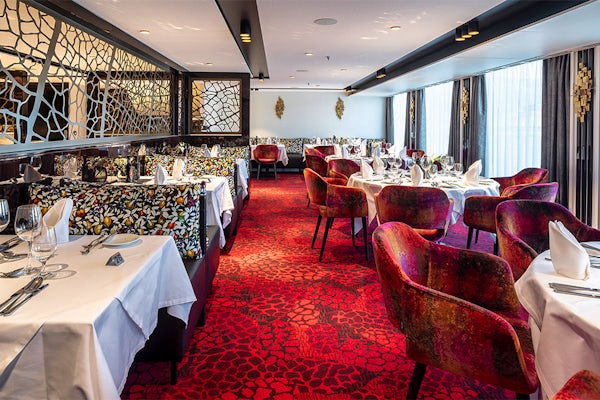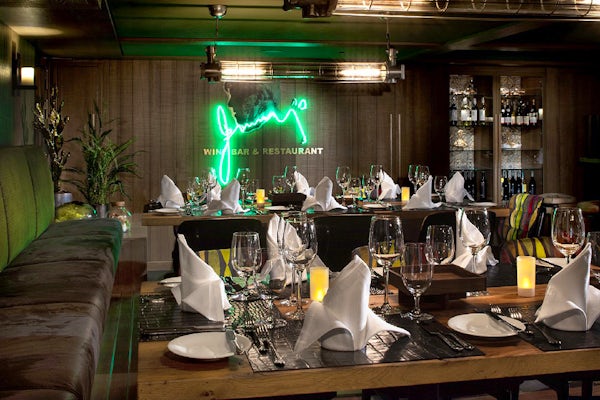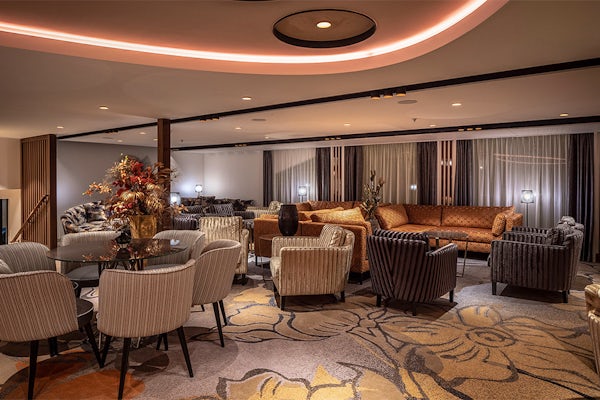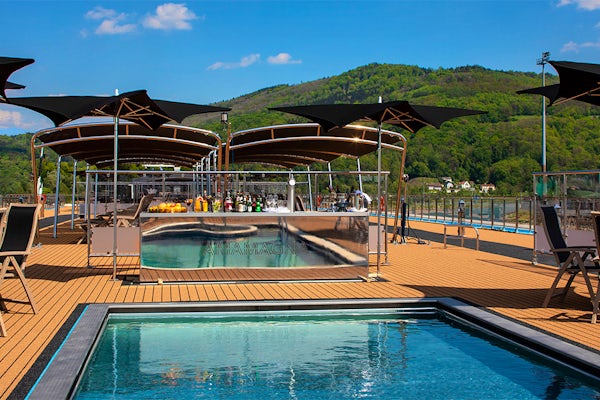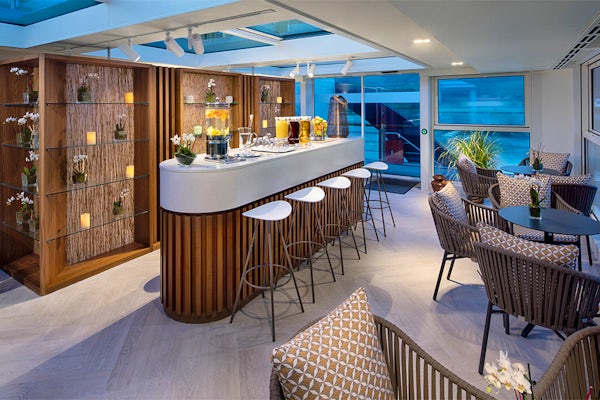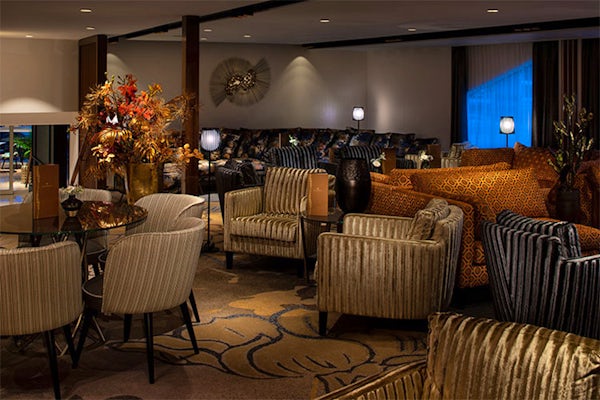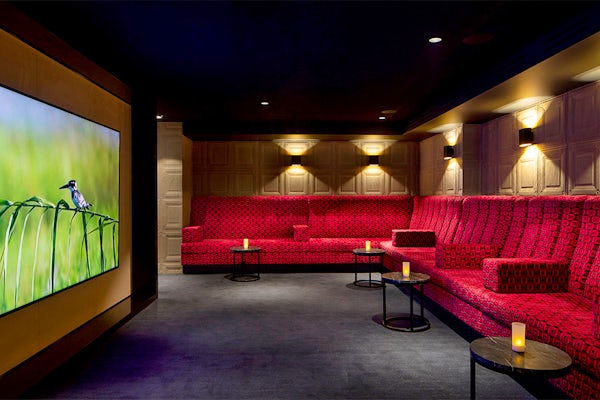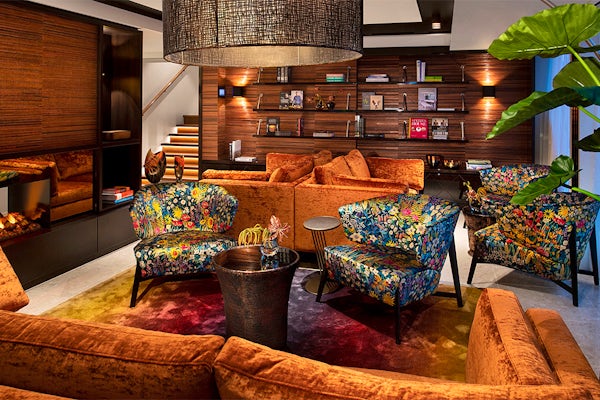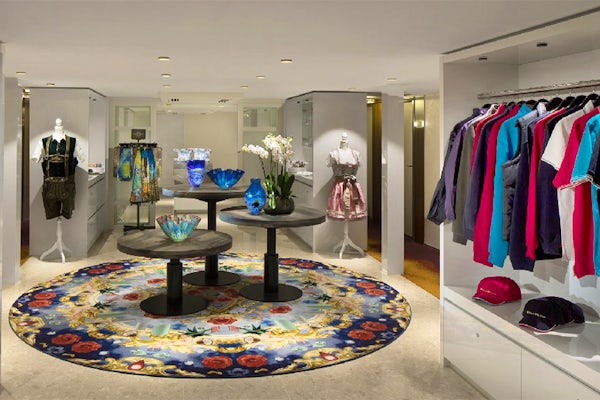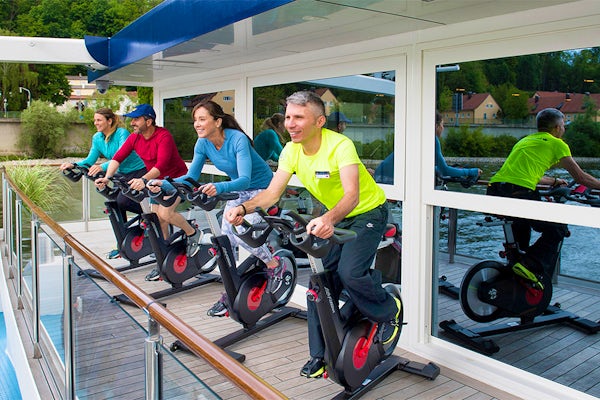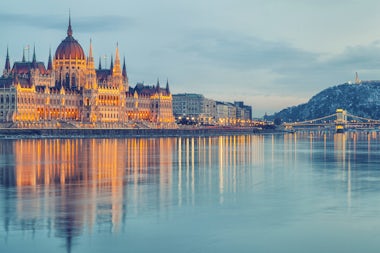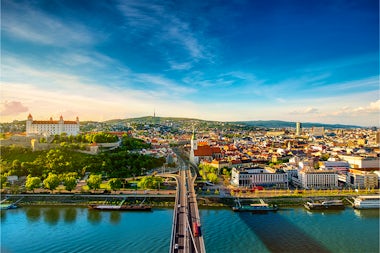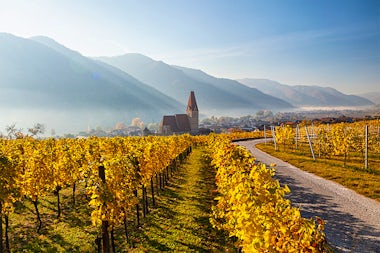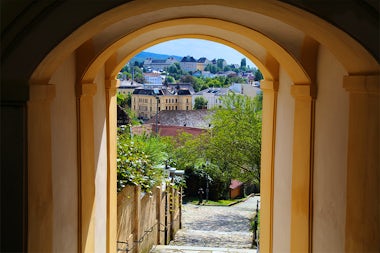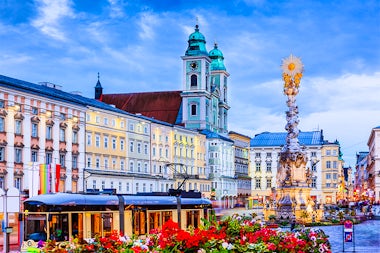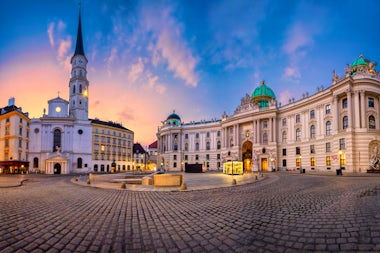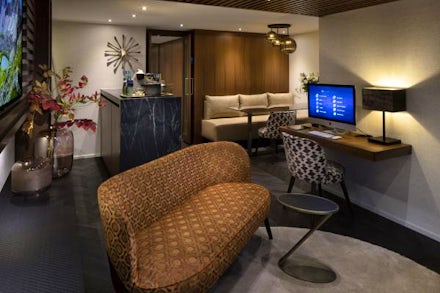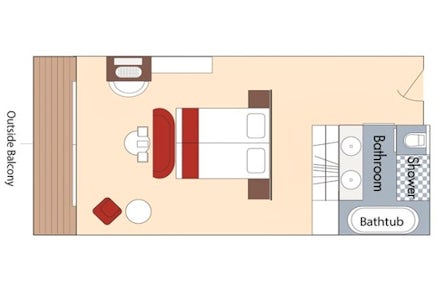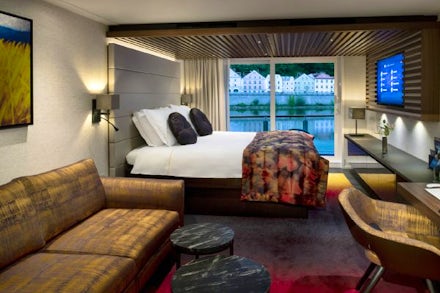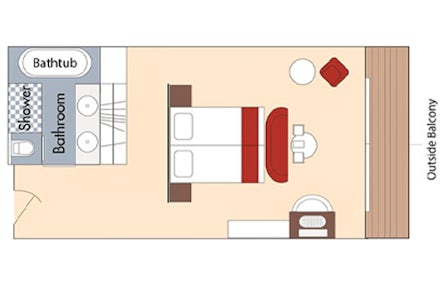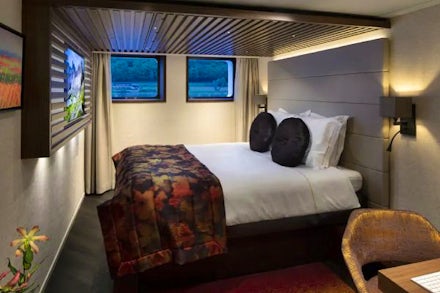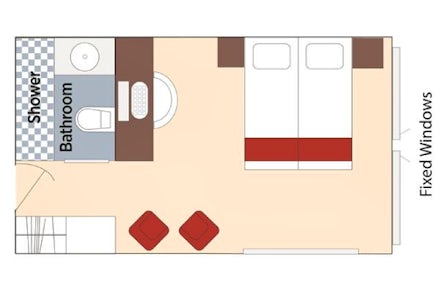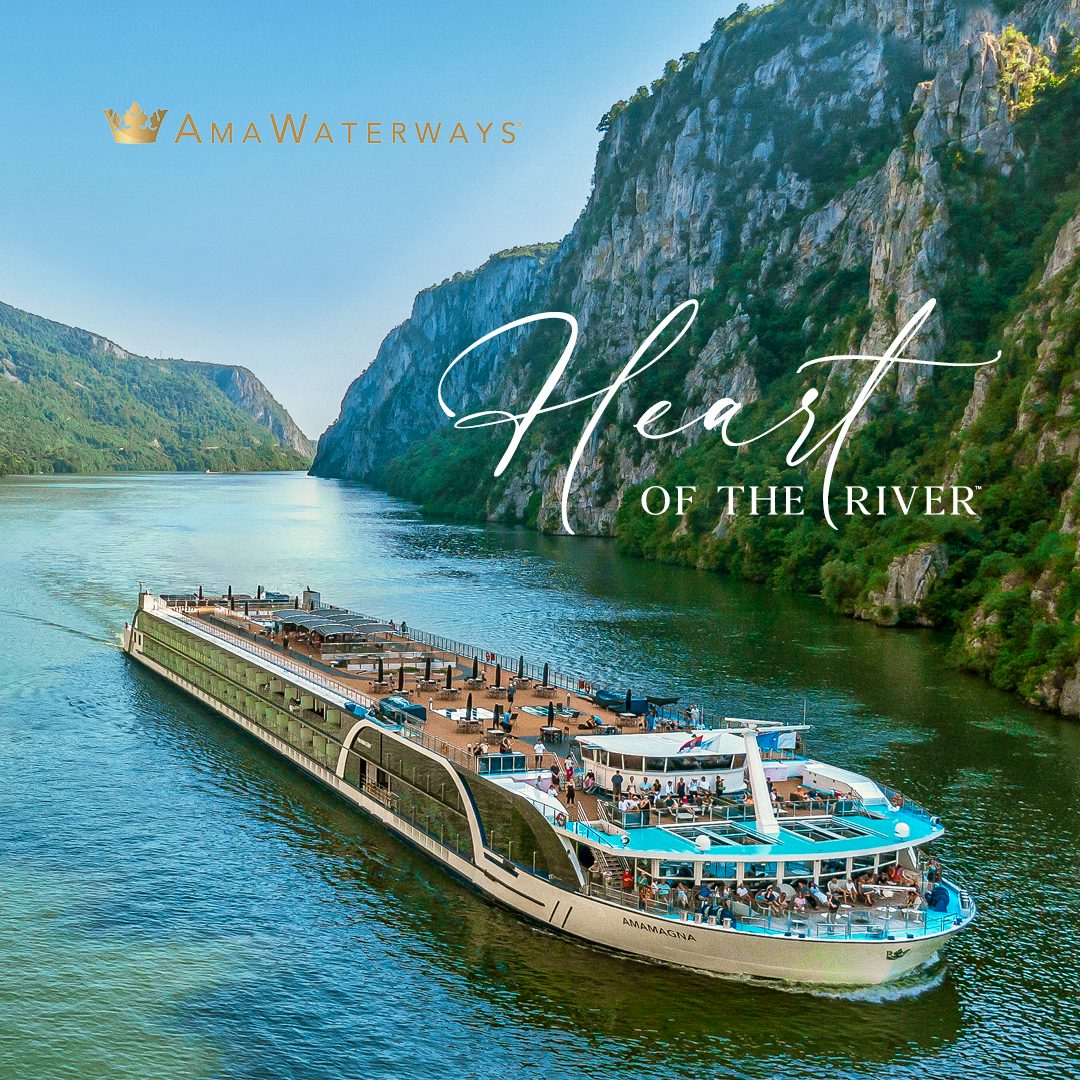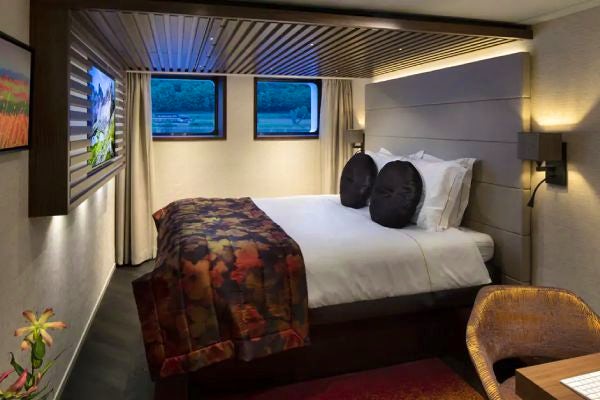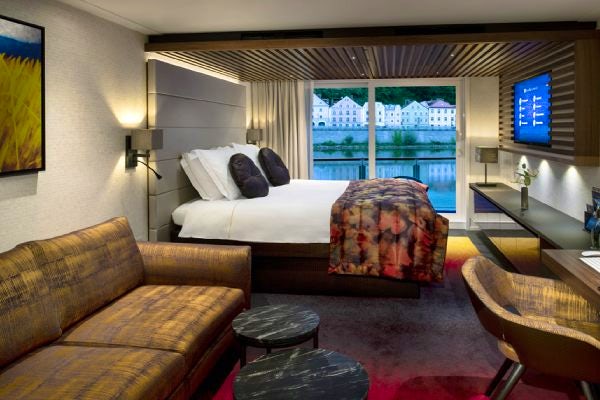| 1 |
Sunday, February 8, 2026 |
Budapest, Hungary |
Embark |
|

Budapest is the capital and largest city of Hungary, situated on both banks of the river Danube, with its 346 river cruise ships (2019). Originally with the cities of Buda on the west bank and Pest on the east bank, it became a single city with their unification in 1873. The city’s rich and colourful history, its extensive World Heritage Site including the Danube River banks, the Buda Castle Quarter, Andrássy Avenue, and the Millennium Underground Railway, have resulted in its becoming an important tourist centre in Central Europe. Read more about Budapest, Hungary
|
| 2 |
Monday, February 9, 2026 |
Bratislava, Slovakia |
|
|

Bratislava, the capital of Slovakia, is situated on both banks of the Danube River between Austria and Hungary, and is the only national capital that borders two independent countries. Bratislava and Vienna are also two of Europe's closest national capitals, less than 60 km apart. The cityscape of Bratislava is noted for its medieval towers and grandiose 20th century buildings, but has undergone profound changes in a construction boom at the start of the 21st century. Read more about Bratislava, Slovakia
|
| 3 |
Tuesday, February 10, 2026 |
Wachau Valley, Austria |
|
|

The Wachau, an Austrian valley with a landscape of high visibility, is the 38 km stretch of the Danube River between the towns of Krems and Melk. Settled since prehistoric times, and having seen the migrations and wars of numerous peoples who have left behind a treasure of historic sites, the Wachau was added to the UNESCO list of world heritage sites in 2000. The Wachau's scenic beauty lies north of Vienna on the banks of the Danube and is filled with impressive vineyards, romantic small towns and some of the most spectacular monasteries, castles and medieval ruins. Read more about Wachau Valley, Austria
|
| 3 |
Tuesday, February 10, 2026 |
Melk , Austria |
|
|

Melk is a city in the federal state of Lower Austria next to the Wachau Valley along the Danube. It takes around 15 minutes to cross town, so don’t be afraid to wander and explore every street and laneway. One of the world's most famous Benedictine sites, the Melk Abbey, is located above the town on a rocky outcrop overlooking the Danube River. Read more about Melk , Austria
|
| 4 |
Wednesday, February 11, 2026 |
Linz, Austria |
|
|

Linz is the third-largest city in Austria and the capital of the federal state of Upper Austria. Bridging both banks of the Danube River, it lies 30 km south of the Czech border. Stroll through the marvelous old quarter of the town, and be astonished by this progressive development of the city. Read more about Linz, Austria
|
| 5 |
Thursday, February 12, 2026 |
Vienna, Austria |
|
|

Vienna, Austria's capital city, has a population of around two million and is located to the east of the Alps in the Vienna Basin. Architectural styles range from classic to modern, and include some of the world’s best known examples of Art Nouveau. Fascinating features are the few high-rise buildings, and numerous parks and gardens, with many statues of famous people such as Mozart and Strauss. Read more about Vienna, Austria
|
| 6 |
Friday, February 13, 2026 |
Vienna, Austria |
|
|

Vienna, Austria's capital city, has a population of around two million and is located to the east of the Alps in the Vienna Basin. Architectural styles range from classic to modern, and include some of the world’s best known examples of Art Nouveau. Fascinating features are the few high-rise buildings, and numerous parks and gardens, with many statues of famous people such as Mozart and Strauss. Read more about Vienna, Austria
|
| 7 |
Saturday, February 14, 2026 |
Budapest, Hungary |
|
|

Budapest is the capital and largest city of Hungary, situated on both banks of the river Danube, with its 346 river cruise ships (2019). Originally with the cities of Buda on the west bank and Pest on the east bank, it became a single city with their unification in 1873. The city’s rich and colourful history, its extensive World Heritage Site including the Danube River banks, the Buda Castle Quarter, Andrássy Avenue, and the Millennium Underground Railway, have resulted in its becoming an important tourist centre in Central Europe. Read more about Budapest, Hungary
|
| 8 |
Sunday, February 15, 2026 |
Budapest, Hungary |
|
Disembark |

Budapest is the capital and largest city of Hungary, situated on both banks of the river Danube, with its 346 river cruise ships (2019). Originally with the cities of Buda on the west bank and Pest on the east bank, it became a single city with their unification in 1873. The city’s rich and colourful history, its extensive World Heritage Site including the Danube River banks, the Buda Castle Quarter, Andrássy Avenue, and the Millennium Underground Railway, have resulted in its becoming an important tourist centre in Central Europe. Read more about Budapest, Hungary
|
